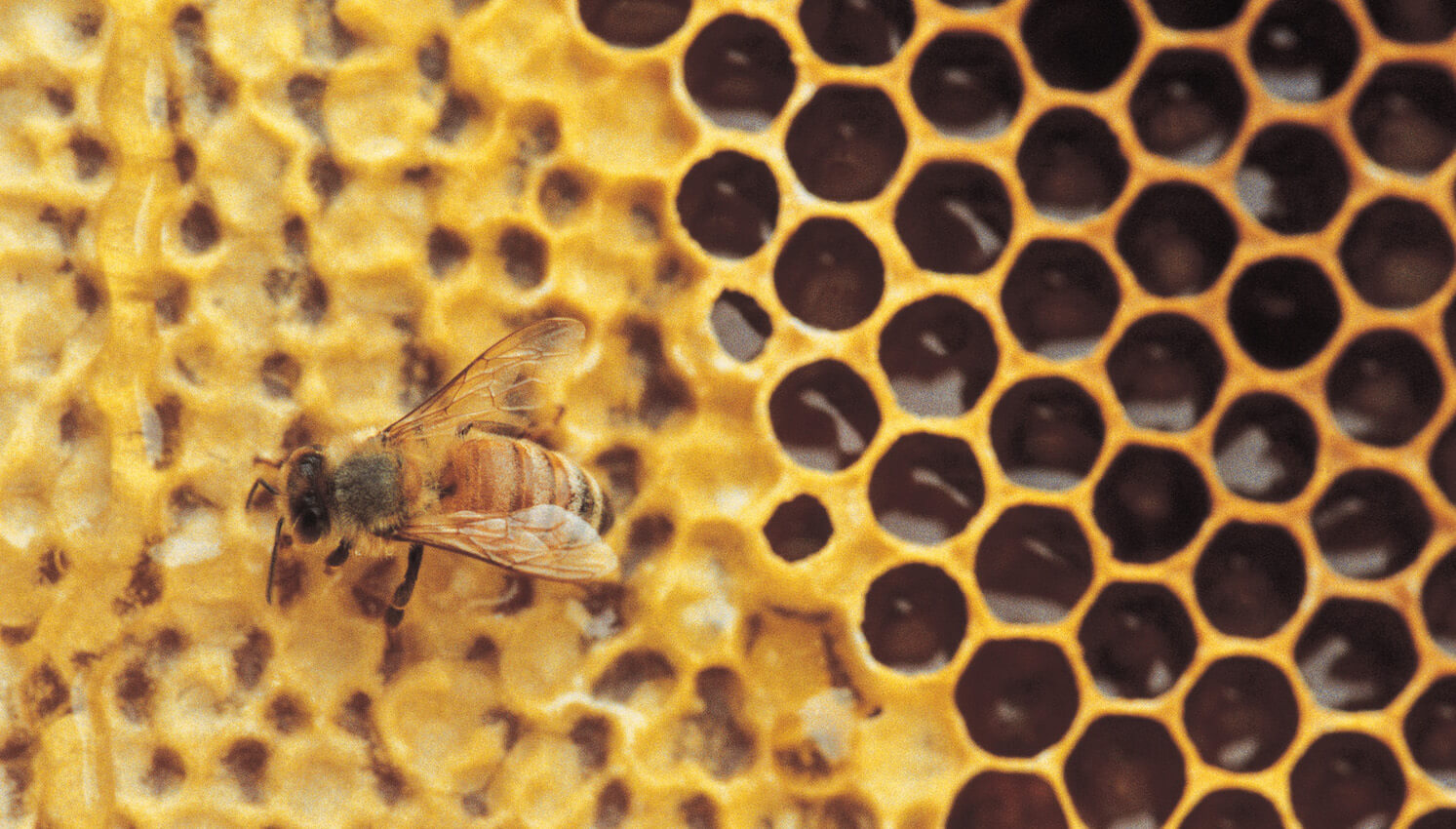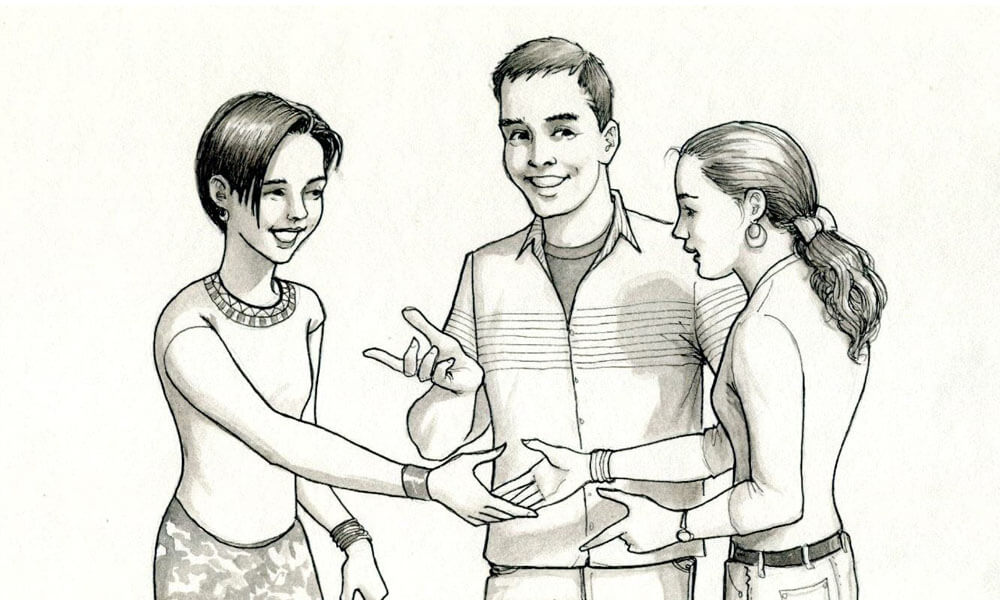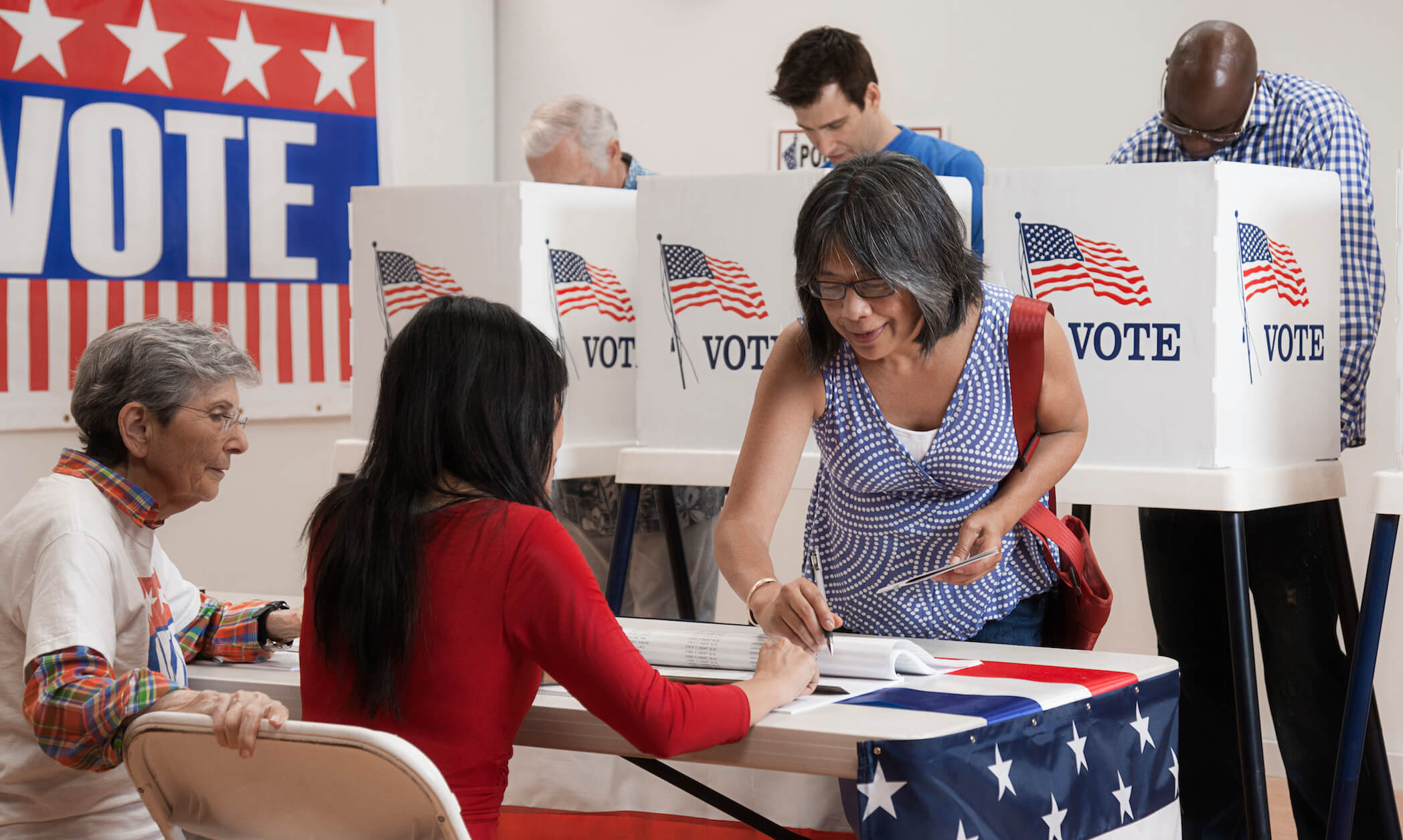Trypophobia describes the fear of clusters of holes. While it’s not officially recognized, many are convinced they have it.


Trypophobia describes the fear of clusters of holes. While it’s not officially recognized, many are convinced they have it.

Women leading nations may be relatively commonplace now, but that’s a fairly recent development. Dive into statistics about women as world leaders over the past half century.

Faced with the death of a parent and subsequent homelessness, Tupac Mosley created his own inspiring success story. Watch his valedictory speech and read about his bright future.

Want to know what you can do to make new friends and keep the ones you already have? Read this article for some expert advice.

Sometimes it takes a teenager to spur adults to take action. Watch young activist Greta Thunberg explain what she asks from adults and why.

Amelia Earhart was a pioneer and flying icon for her achievement both in the air and on the ground. Read more about society’s continued fascination with her.

Read the article to learn about how artificial our reality could be. Why play video games when you may be living in one?

While the injustice of slavery can never truly be rectified, the discovery of a sunken slave ship brings hope that some form of justice can be found. Read more about how one African American community is trying to heal.

Regenerative Culture looks at personal care under the lens of collective-care rather than self-care. Read more about the practice and its far-reaching effects.

Residents of Montgomery, Alabama elected the first black mayor in 200 years. Read about why it’s so important.

People with disabilities create content on YouTube to show and normalize their life experiences.

Writer Samantha Cole weighs the pros and cons of staying in your comfort zone, the premise of Meghan Daums’s book, The Unspeakable: And Other Subjects of Discussion.

Read the story of Allen Martin, who coaches long-distance runners to succeed not only in the sport, but in life.

Looking for an outlet to be heard, people have increasingly gone to Yelp to offer satirical and straight-forward critiques of business owners who have made political statements.

In 1865, former slave Jourdon Anderson was asked to return to the farm where he had been held captive for 32 years. Read this article to learn more about Anderson’s witty, sarcastic response and to read excerpts from his letter.

Read to find out about a 2015 exhibit at Washington State University that explored the consequences of the construction of the Grand Coulee Dam, the subject of Sherman Alexie’s poem, “The Powwow at the End of the World.”

The negative effects of Macbeth’s overpowering ambition are obvious, but striving for success at all costs can be detrimental in smaller ways to all of us.

Snakes and spiders top lists of things people fear, even though accidents and diseases are deadlier. The reason why harks back to the experiences of our early ancestors.

Matt Moniz was named “Adventurer of the Year” in 2010 by National Geographic when he was just 12! At 17 years old he realized his dream to climb Mount Everest but was also caught up in a deadly avalanche.

The artist Julian Beever uses perspective to create amazing sidewalk art that looks three-dimensional—as long as you look at it from the right angle.